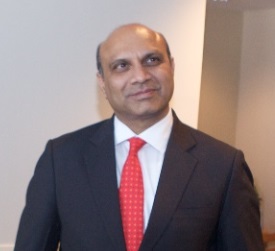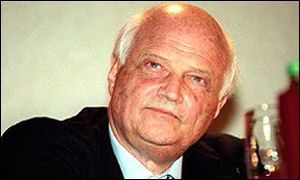A Quote by John McDonnell
From nuclear waste to Northern Rock and Metronet, risk is never transferred to the private sector - the state will always be forced to step in where there is a clear public interest.
Related Quotes
The private sector is first of all much larger than the public sector. The waste we see in that sector does not result from the fact that people spend their money carelessly. Mostly, it occurs because what one family must spend to achieve its goals often depends heavily on what other families spend.
70 to 80 percent of country economy is controlled by the Bolivian state, and the other percentage by the private sector. We admit that it's legal, constitutional, that the private sector is entitled to its own economy, but to ensure these profound changes that clearly this government is promoting, including profound changes in the food industry, what we are doing is an important step.
Private sector unionization is down to practically seven percent. Meanwhile the public sector unions have kind of sustained themselves [even] under attack, but in the last few years, there's been a sharp [increase in the] attack on public sector unions, which Barack Obama has participated in, in fact. When you freeze salaries of federal workers, that's equivalent to taxing public sector people.

































